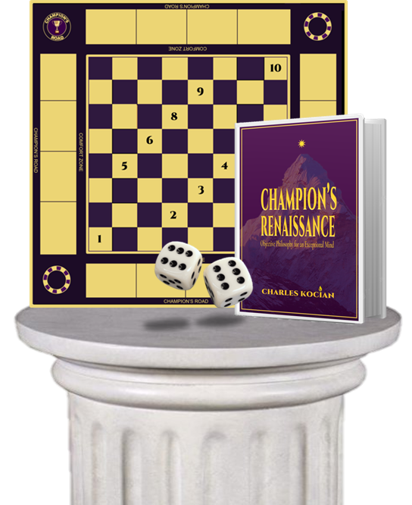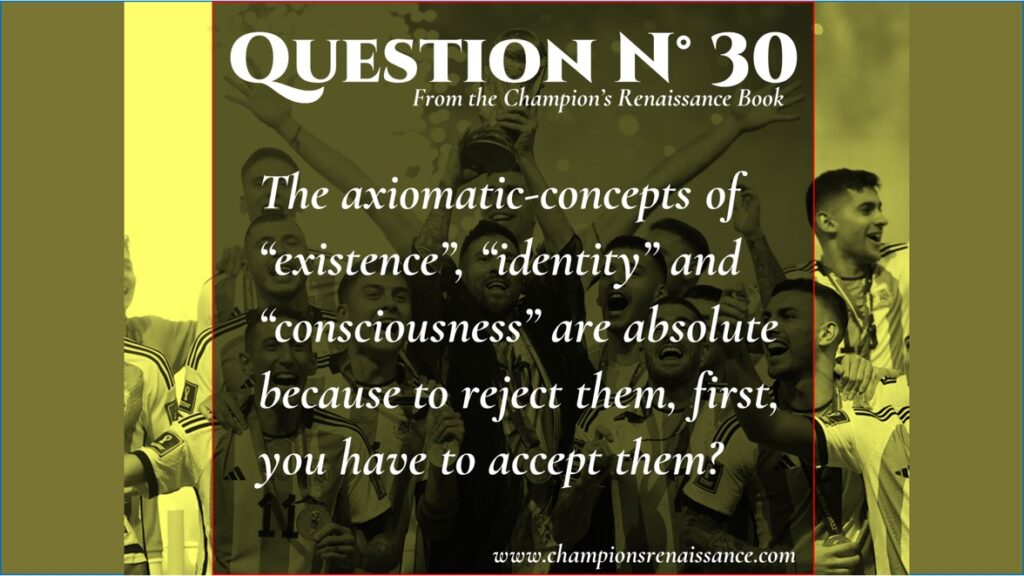
(Answer at the end).
ABSOLUTE AXIOMS
By Charles Kocian
Argentina wining the 2022 World Football Cup in Qatar is a great example of reality. As any objective reality it contains three absolute axiom-concepts: existence, identity and consciousness. You may say: “EXISTENCE, IDENTITY and CONSCIOUSNESS may be absolute axioms for YOU, but not necessarily for me. Indeed, I don’t have to agree with you, do I? I can choose my own axiom-concepts, not necessarily yours! So, if I can choose my own, there are no absolute truths, are they?”
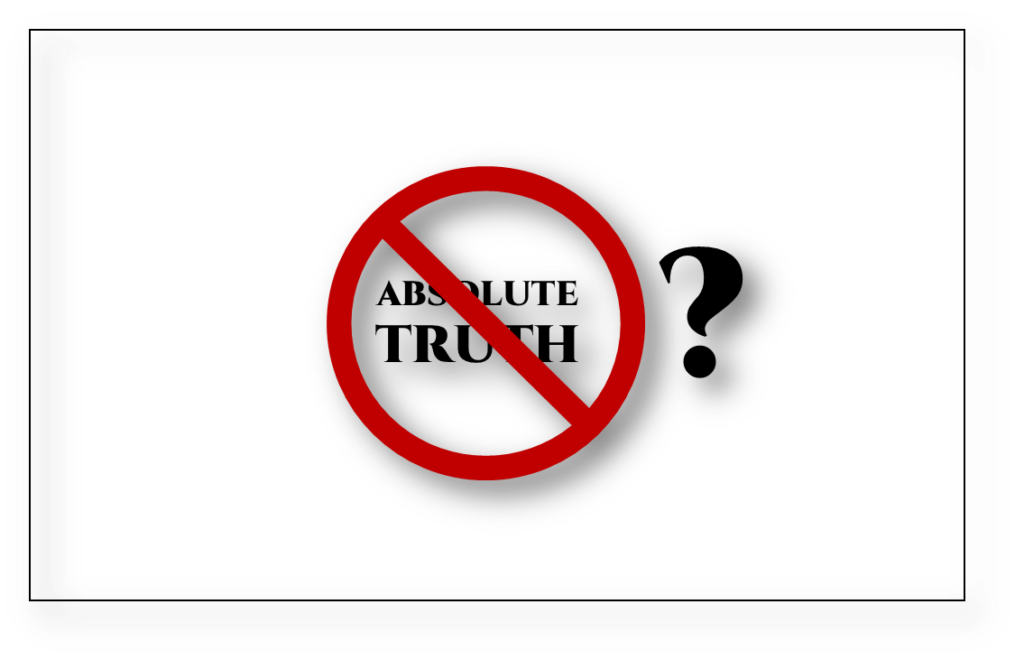
Are “existence”, “identity” and “consciousness” absolute truths?
Imagine a dialogue begins between you and me.
I say: “Ok, I understand that you don’t agree with me that these concepts are absolute, especially if Argentina don’t exist and it didn’t win the Qatar world cup, because Qatar doesn’t exist either.”
You say: “Are you crazy? Everybody knows that Argentina exists and won the cup in Qatar, a country that also exists!”
I say: “Nobody was conscious that Argentina won the cup! Nobody saw that!”
You say: “Are you crazy? Y saw it with my own eyes! Everybody was conscious of it and saw it by TV around the world!”
I say: “Argentina make more goals and less goals than France at the same time!”
You say: “No way! You can’t make more and less goals at the same time. Something cannot be something and different to itself at the same time! That’s a contradiction!”
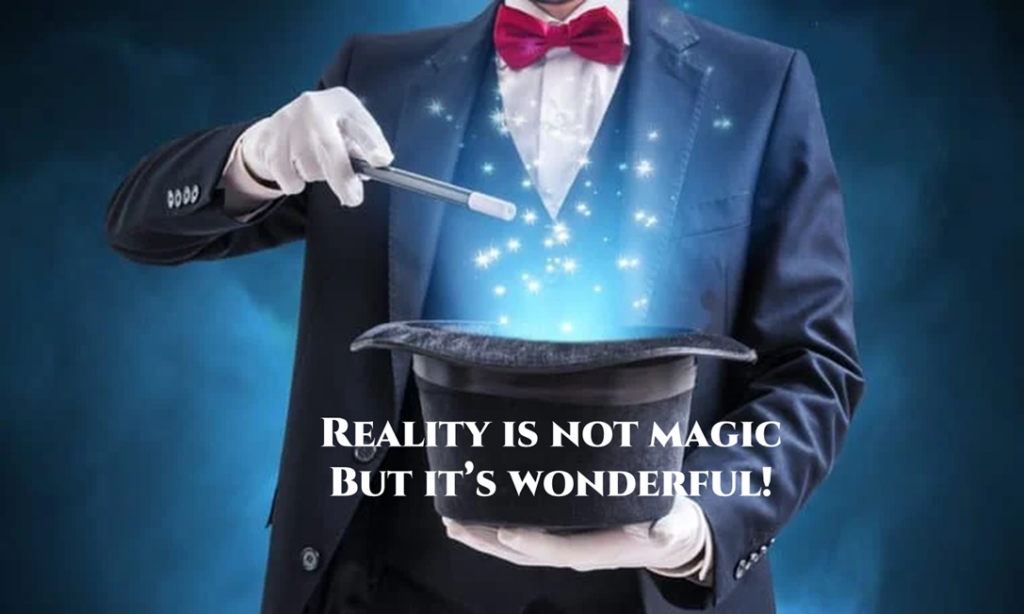
Reality is more wonderful than magic when you can see it.
Well, thank you! You just have confirmed that this three axiom-concepts are absolute. Read carefully.
When I told you that Argentina and Qatar didn’t exist you affirmed that exists, therefore, you accepted the axiom-concept of existence.
When I said that nobody saw Argentina won the cup, you said everybody saw it, therefore, you accepted the axiom-concept of consciousness.
When I said that Argentina made more and less goals at the same time, you confirmed the axiom-concept of identity, because you know things cannot be something and something else at the same time, including the amount of goals Argentina did in the penalties, in other words you affirmed the axiom-concept of identity.
To deny existence, identity and consciousness, you were forced to use them, therefore, they are absolute and the starting point of objective knowledge. Remember this because is fundamentally important!
We have a great example of denying the axiom-concepts in the Renaissance.
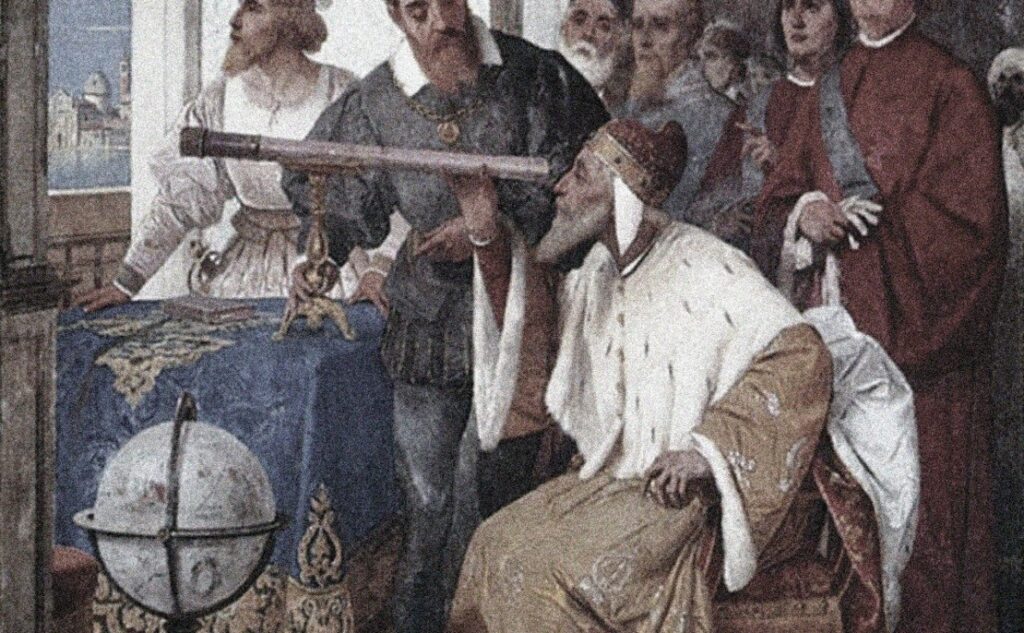
Galileo being conscious of the identity and existence of planets through its telescope.
In the Renaissance, although Galileo was condemned by the Inquisition for life, he won the battle of objective knowledge using, implicitly, the axiom-concepts of existence, identity and consciousness. He arrived to that conclusion using the axiom-concepts. The planets he measured exists, have identity and he was conscious of them. But the blindness’ faith of the Catholic Church and the Inquisition denied them and condemn Galileo for life.
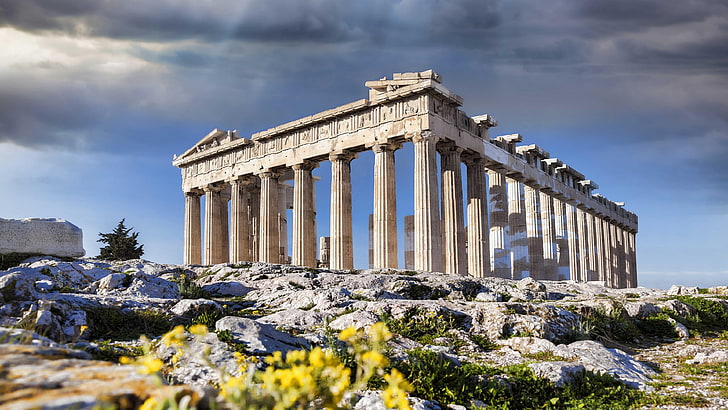
The Parthenon, symbol of reason and wisdom where the West culture grew.
In contrast of the behaviour of the Catholic Church during the Renaissance, in ancient Greece they believed in reason and intelligence, therefore, the ruler’s decisions were based on wisdom and information than blind faith. In fact, Greece was a thinking society, a philosophic civilization never ever repeated in human history. Presocratic philosophers like Thales, Anaximander and Democritus were kind of scientists and they were followed by Socrates and Plato. The later were more interested in ethics and politics. Plato believed that a good politic system could only be achieved by educated citizens ruled by a benevolent “philosopher-king”, a system he believed was better than democracy.
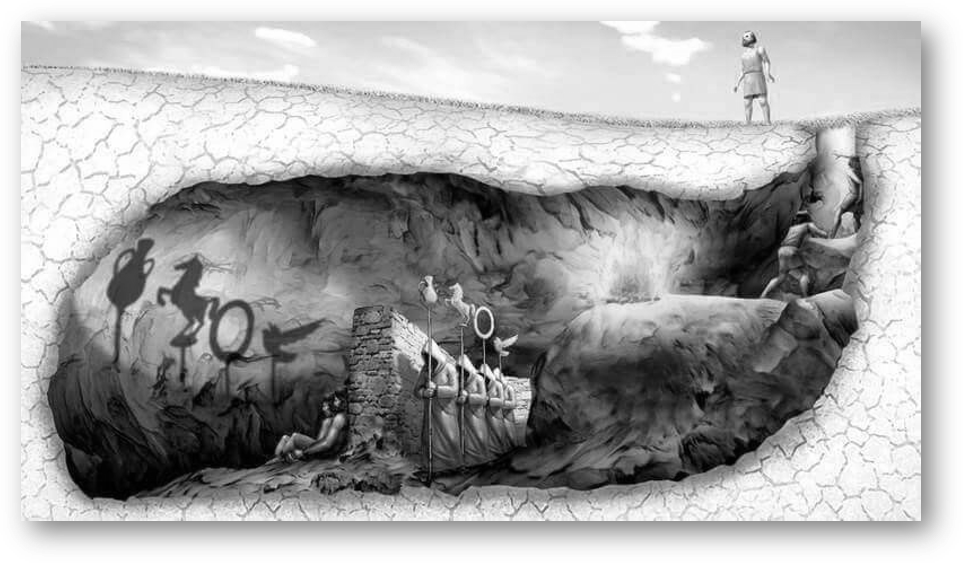
Plato’s cave allegory representing the duplication of the universe.
The problem of Plato’s “benevolent king” is to define the word “benevolent” in a proper a metaphysical context. Plato metaphysics says that exists two worlds, the visible universe referring to the material world and an invisible superior world that Plato invented without any evidence. Therefore, the “benevolence” of Plato’s philosophic-king would apply to that idea of “double existence”. A king like that would have to silence all of those who would disagree with that vision. His disciple Aristotle also should be in that list, because he didn’t agree with Plato when he grew older, the same Aristotle who was the teacher of Alexander the Great.
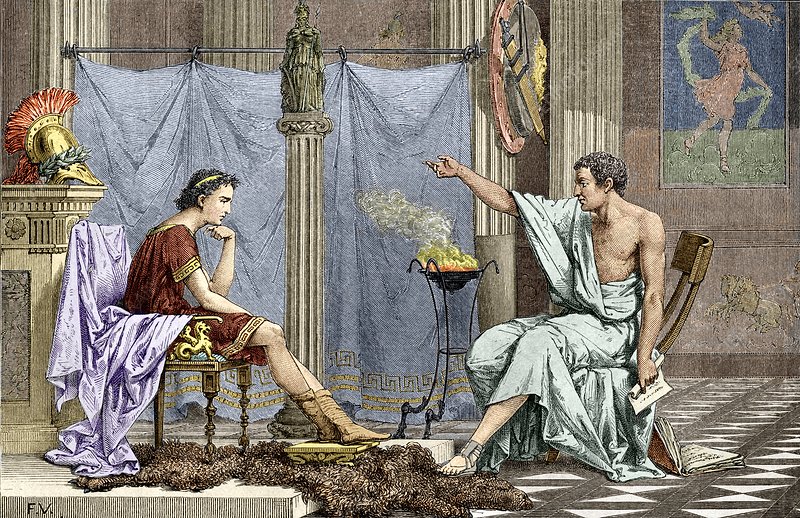
Aristotle teaching Alexander the Great.
CONCLUSION
We are conscious of the entities that exists and its identities because we can perceive its differences with our five senses. Our senses are accurate and precise. They are tools of survival developed in billions of years of evolution on Earth. Therefore, the concepts of existence, identity and consciousness are the starting point of man’s objective knowledge.
Now answer to question 30.
QUESTION N° 30
The axiomatic-concepts of “existence”, “identity” and “consciousness” are absolute because to reject them, first, you have to accept them.
a) True
b) False
The answer is: true. The Axiomatic concepts are existence, identity and consciousness. They are absolute because to deny them you have to accept them.
Leave your comments here.
